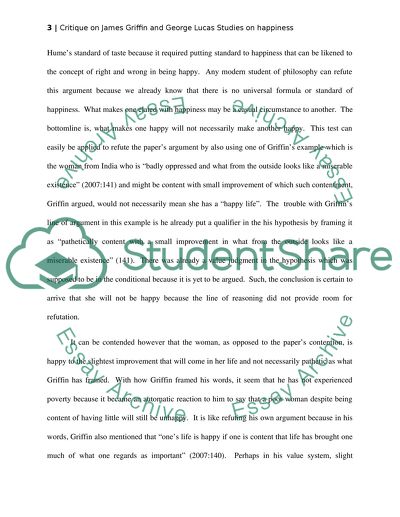Cite this document
(“What do Happiness Studies Study Does Happiness Change After Major Life Essay”, n.d.)
What do Happiness Studies Study Does Happiness Change After Major Life Essay. Retrieved from https://studentshare.org/english/1470238-what-do-happiness-studies-study-critical-review
What do Happiness Studies Study Does Happiness Change After Major Life Essay. Retrieved from https://studentshare.org/english/1470238-what-do-happiness-studies-study-critical-review
(What Do Happiness Studies Study Does Happiness Change After Major Life Essay)
What Do Happiness Studies Study Does Happiness Change After Major Life Essay. https://studentshare.org/english/1470238-what-do-happiness-studies-study-critical-review.
What Do Happiness Studies Study Does Happiness Change After Major Life Essay. https://studentshare.org/english/1470238-what-do-happiness-studies-study-critical-review.
“What Do Happiness Studies Study Does Happiness Change After Major Life Essay”, n.d. https://studentshare.org/english/1470238-what-do-happiness-studies-study-critical-review.


